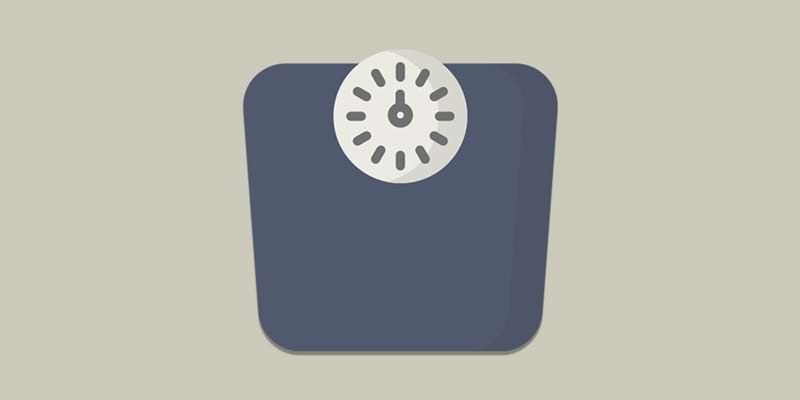
Caring for The Bariatric Patient
Providing care for a severely obese patient can be difficult for many health professionals. Lack of experience and knowledge in the field allows our prejudices to affect the relationship with the bariatric patient and might ultimately reduce the quality of care.
23. June 2020
By: Occupational Therapist, Pia Beck
Through my work as an occupational therapist since 2003, and through board and council work, I have gained extensive experience in caring for and handling bariatric clients. In this respect, when I have been teaching bariatrics and how to transfer severely obese patients, I have come to realize that caring for bariatric patients, in many cases, challenges the prejudices of the health professionals and thus puts their professionalism at stake.
To accommodate these challenges, I will provide my best advice on respectful care for and meet bariatric patients in this article.
Leave Prejudices at The Door
One of the reasons why the meeting with the bariatric client or patient can be difficult is that we as health professionals may bring our prejudices into the relationship with the bariatric client.
Our human curiosity intrudes with questions such as; Does it bother them to look the way they do? Why have they not stopped eating sooner? How did it get to this point?
All these questions usually arise from a lack of knowledge, and thus a lack of understanding of the patient's situation, as well as the fact that being overweight remains a taboo and is considered socially unacceptable in western culture.
And even if we do not ask the questions, our facial expressions, body language and word choice can still be affected by these personal prejudices which challenge our professionalism.
Lack of Motivation
A 2018 study among GPs showed, "… that doctors more easily associate overweight people with words that signal laziness and lack of motivation, than with words that signal the opposite traits."
Although the same study showed that the severely obese received as good a treatment as other patients, this attitude cannot avoid influencing the relationship between patient and healthcare professional. The same applies across all health professions.
At the same time, health workers also find that their tasks become more difficult to solve. Caring for the bariatric client entails more heavy lifting, more time needed, and overall, everything just becomes more difficult, and some might also experience unpleasant body odours. This can lead to frustration and lack of motivation for caring for the bariatric patient, and it becomes difficult to avoid letting this frustration influence the relationship with the patient.
A Complex Disorder
As health carers, we work based on research-based knowledge, acquired through health sciences, natural sciences, and humanities. But the amount of empirical and clinical knowledge about how to move and handle, communicate, treat, and rehabilitate bariatric patients is still very sparse.
At the same time, many healthcare professionals simply lack experience working with bariatric patients. Even though the number of severely overweight people is increasing, not all healthcare professionals have yet worked with the patient group or may have only done so quite a few times.
This means that they have no routine with that type of work and are therefore unable to reflect and ask critical questions such as; do I have the right aids to perform the task, what equipment should I bring into the room, what words should I use when I talk about the patient's weight and the like.
To address some of these challenges and the doubts that may arise when working with a bariatric patient, proper preparation that can help you override your prejudices and make room for a professional relationship.
You might also like: The effects of Micro-Positioning
My Advice for Bariatric Care
During my time as a teacher of ergonomics and bariatrics, I have gained comprehensive experiences with caring for the bariatric patient.
Here are some of my best advice for those of you, who are new to the field of bariatrics:
- Keep eye contact - look at the person
- Ask the patient what they are able to do themselves - often bariatric people can do more than you think, as their bodies find unique ways of moving
- Know that there can be many causes of severe obesity such as trauma, psychiatric disorders, or physical immobility - they cannot simply stop eating
- Prepare thoroughly for the task you need to solve so that the patient does not experience you as unprepared or hesitant
- Have the right aids available - there should always be an electronic turning system when you need to move and handle a bariatric patient
